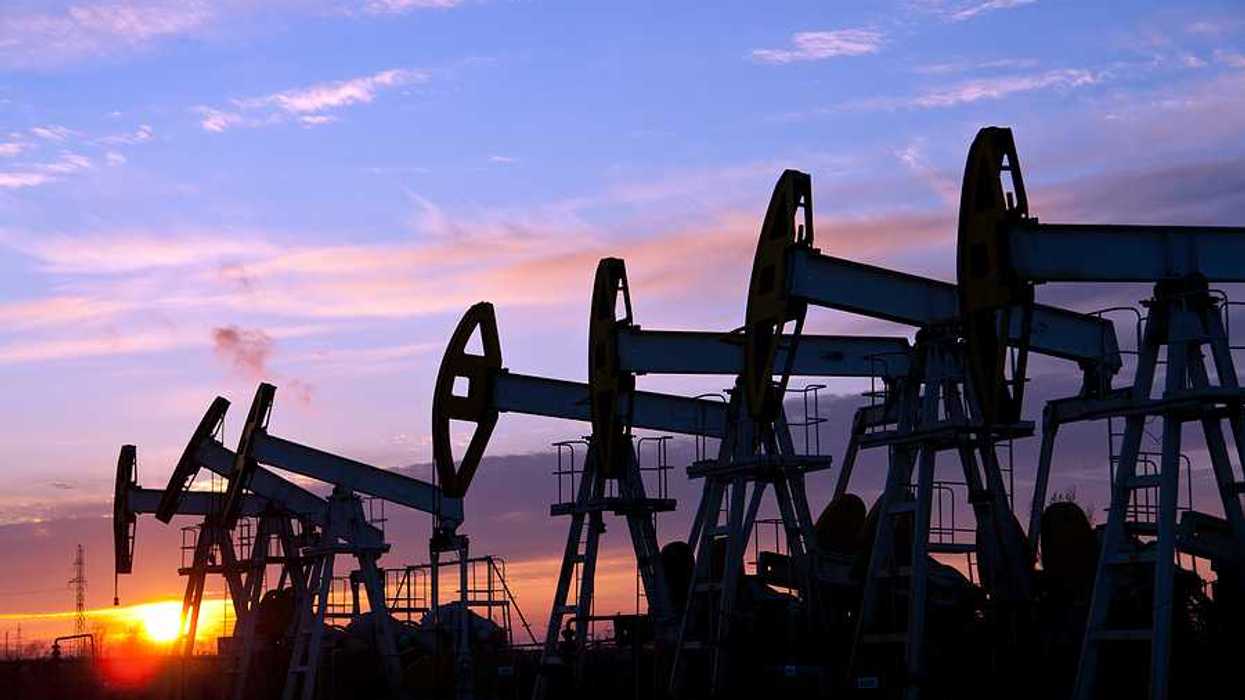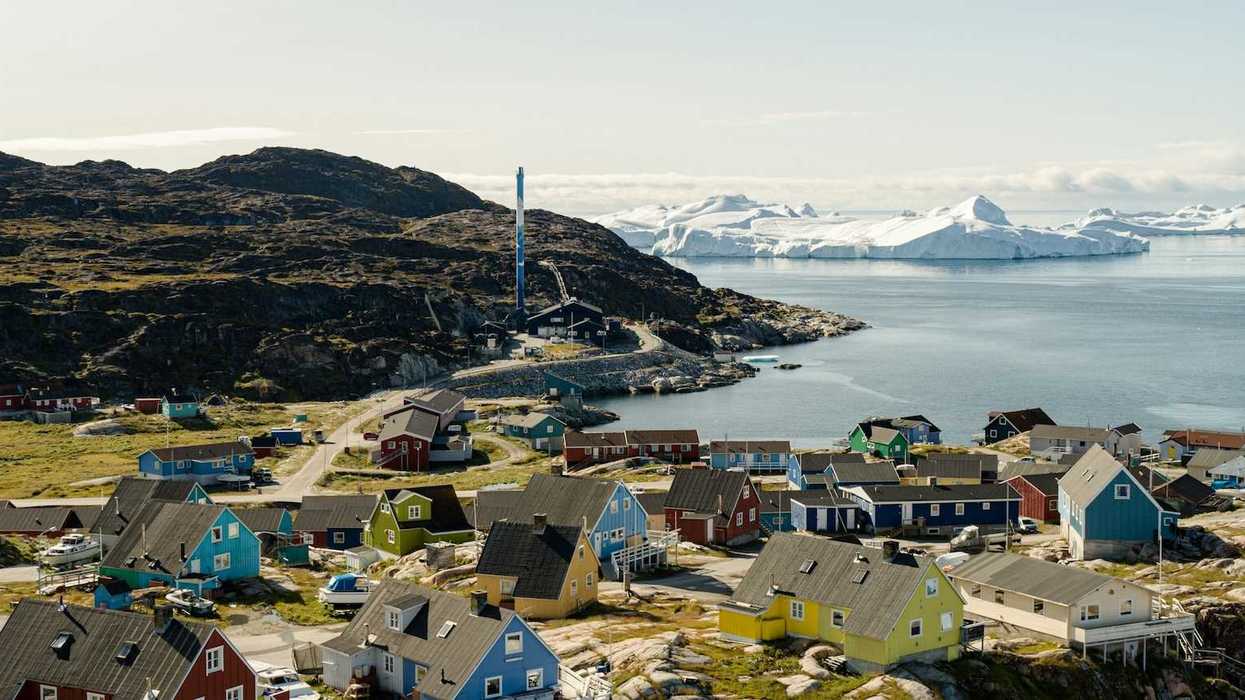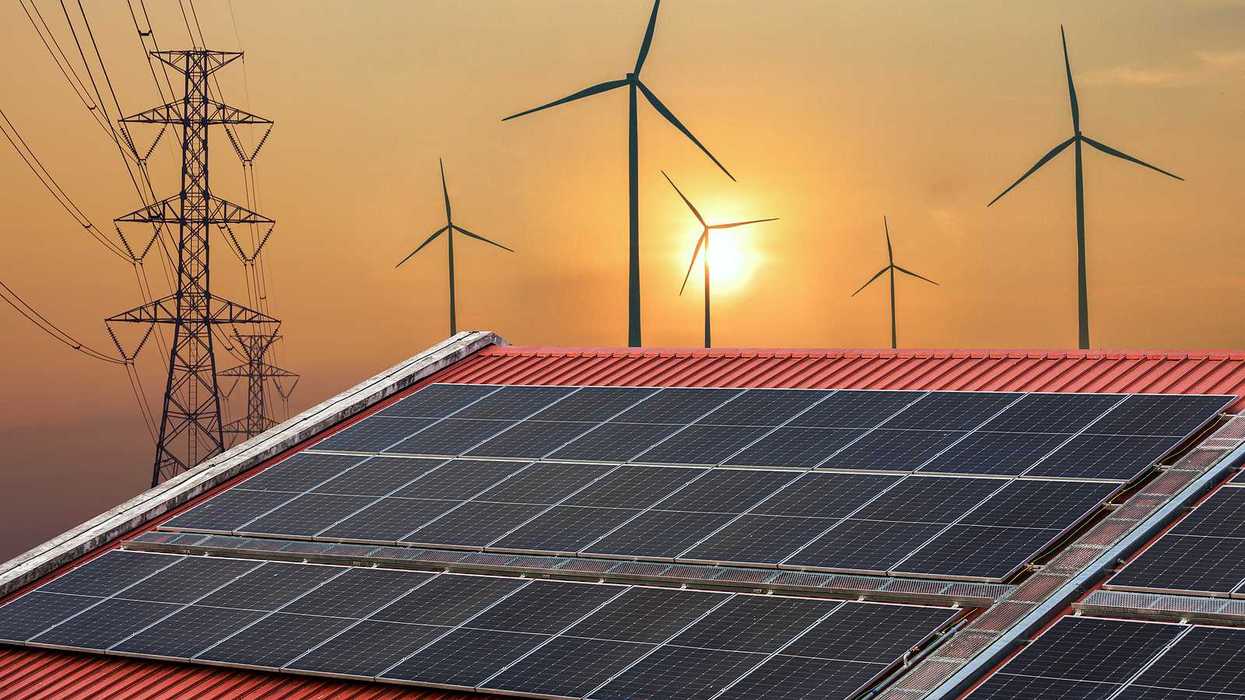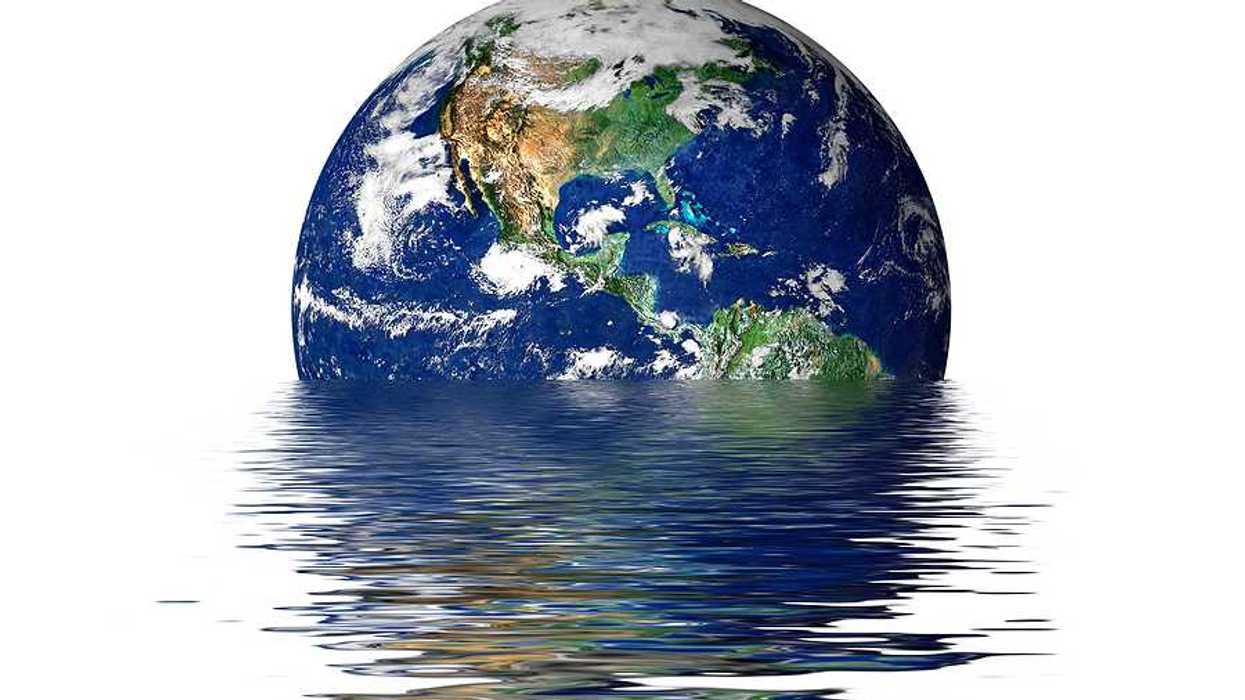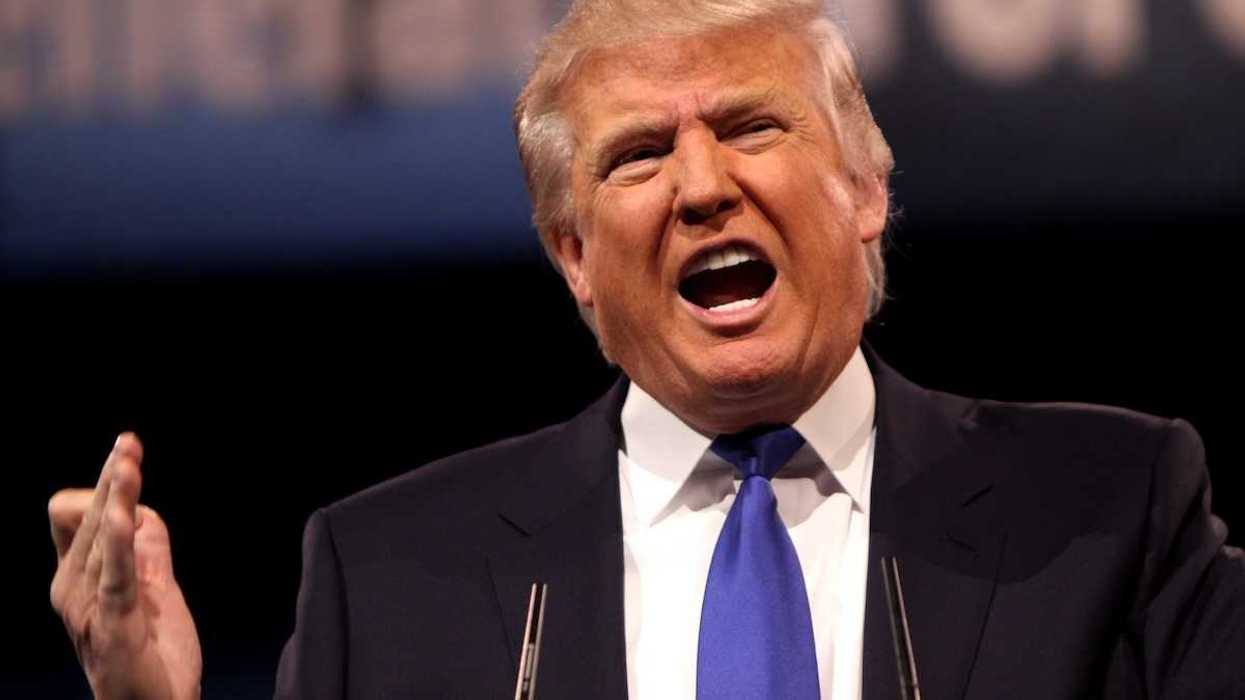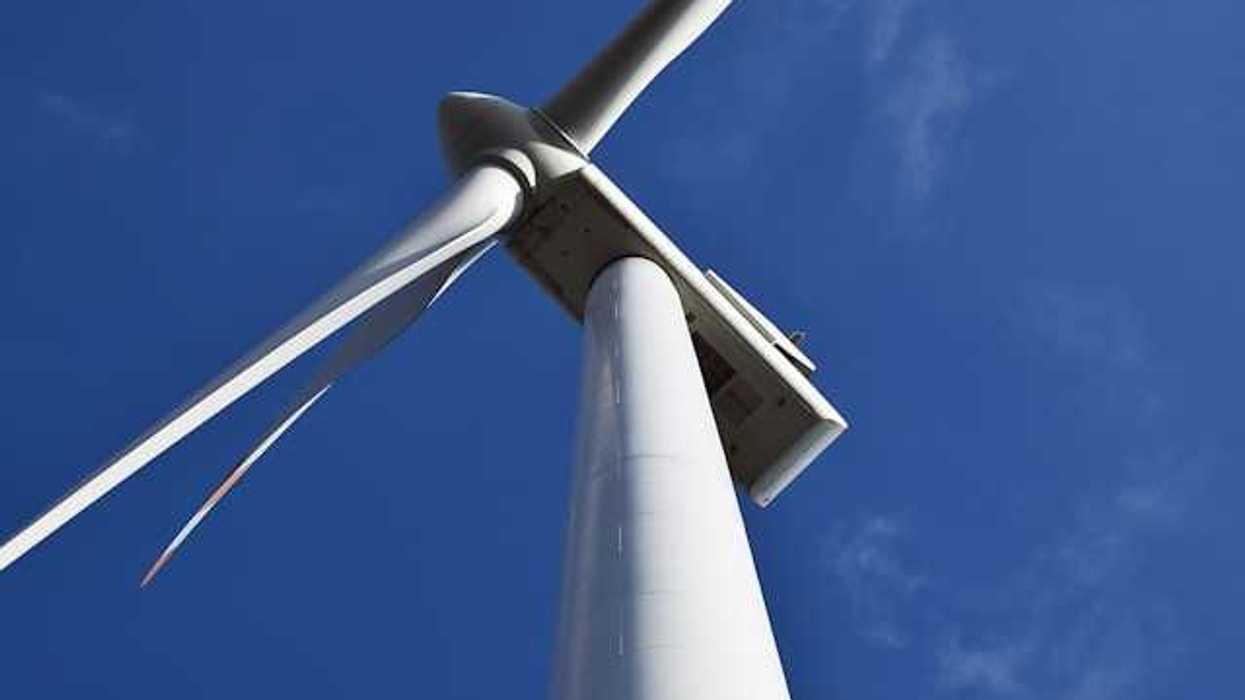Hollywood takes on climate change
Nov. 1, 2016
The star of 'The Revenant' trains his spotlight on climate change. But can Leonardo DiCaprio move the needle?
By Douglas Fischer
The Daily Climate
Nothing sells quite like celebrity.
And Leonardo DiCaprio is working hard selling climate change.
The A-List actor has crisscrossed the globe to raise awareness of the long-term health and wellbeing of our planet. Part of those travels aired Sunday on National Geographic: An hour-and-a-half long documentary looking at the impacts of—and alternatives to—our fossil fuel addiction.
"Before the Flood" remains available for free on multiple platforms, and DiCaprio's star power is having an impact. Almost 1.5 million have watched the full movie on YouTube (and 2.3 million have seen the trailer, embedded below). DiCaprio takes us to Alberta's tar sands, to smog-choked Beijing, to Elon Musk's battery factory. President Obama gets three minutes an hour and 12 minutes in; DiCaprio's audience with Pope Francis comes 10 minutes later.
Sunday also marked the premier of season two of "Years of Living Dangerously," an Emmy Award-winning series employing celebrity correspondents to report climate stories (David Letterman, beard and all, takes us to India).
The timing isn't coincidence. Both shows aired on National Geographic, and CEO Courtney Monroe, in an email to E&E; News, said the outlet believes "it's our duty to inform voters" before the Nov. 8 U.S. presidential election.
Said DiCaprio, in a statement: "We sought to make sure that voters know this could be the last chance we have before it is too late to elect leaders who believe in science."
But do these films move the needle? The most famous of these climate documentaries, Al Gore's "An Inconvenient Truth" came out a decade ago, when the public's acceptance of climate science was on an upswing and both Republicans and business leaders (including Newt Gingrich and Donald Trump) called for change.
Today's fractured, polarized media landscape makes the messaging harder. The first season of "Years" won awards but had a miniscule audience on Showtime. DiCaprio's film has won critical acclaim—and a 70 percent rating on Rotten Tomatos’ Tomatometer. But as The Playlist critic Gary Garrison noted, the film "is a well-crafted, well-intentioned attempt to highlight a dire problem that all of its viewers will already understand."
DiCaprio, of course, has both a global platform and a global audience. He became a household name in 1996 playing Romeo in Baz Luhrmann's "Romeo + Juliet," then followed it a year later starring opposite Kate Winslet in "Titanic," a film that demolished all box office records at the time.
DiCaprio leads a pack of Hollywood celebs using their star power to push for environmental and social change.
He's used his platform more than most stars. In 1998, he launched the Leonardo DiCaprio Foundation, focusing on wildland and marine conservation, climate change, indigenous rights, among other causes. The foundation has given out more than $60 million since then.
In 2014 DiCaprio was named a United Nations Messenger of Peace. As such, he opened the signature ceremony for the Paris climate accord at the UN earlier this year. He filmed "Flood" while juggling work on Alejandro Iñárritu’s "The Revenant," for which he won the 2016 Academy Award for leading actor.
DiCaprio leads a pack of Hollywood celebs using their star power to push for environmental and social change. Movie star Mark Ruffalo has fought fracking in upstate New York and last week helped deliver solar panels on trailers to the Standing Rock Sioux tribal elders standing against the Dakota Access Pipeline in North Dakota—where Shailene Woodley, who stars in the Divergent series, was arrested earlier in October. Singer Akon is bringing solar energy and lighting to Africa, where 600 million don't have access to electricity. Emma Watson, the face of the UN's #HeForShe campaign, seeks equal rights for women.
All of them are hoping to galvanize their considerable fan base into action.
"Our goal was for audiences to be informed and inspired to take action, to stand up and do their part to act as stewards for our shared planet," DiCaprio said. "It doesn't stop with electing leaders."
21st Century Fox and National Geographic will together donate $1 to Pristine Seas and $1 to the Wildlife Conservation Society—up to $50,000 to each organization—for each use of #BeforeTheFlood across Facebook, Twitter and Instagram through Nov. 18.
Douglas Fischer is director of Environmental Health Sciences, nonprofit publisher of EHN.org and DailyClimate.org.








